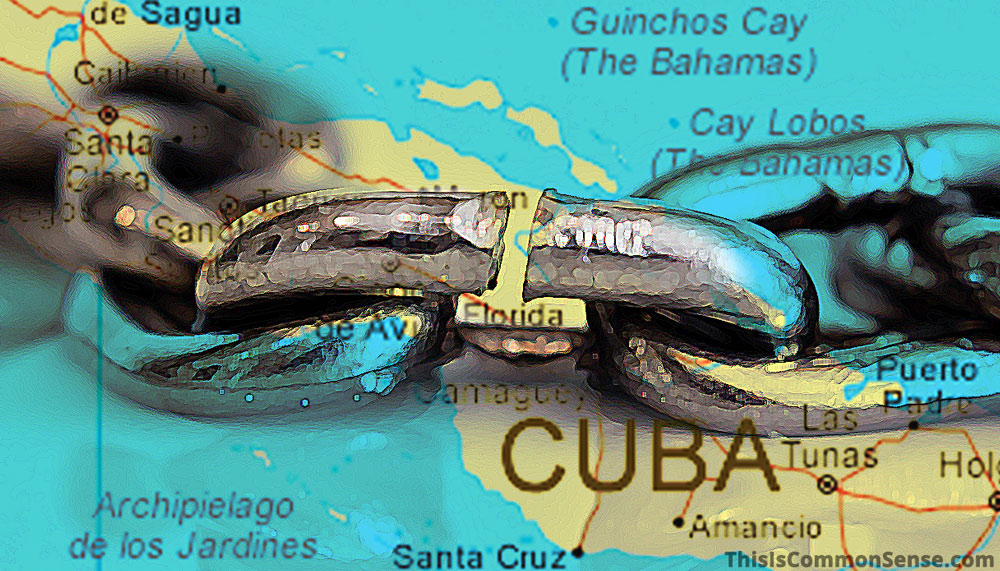Did Cuba and Brazil just prove Sen. Rand Paul right … about socialism?
Eight years ago, the ophthalmologist-turned-politician raised progressive ire in a subcommittee hearing.
“With regard to the idea of whether you have a right to health care, you have to realize what that implies,” the junior senator from the state of Kentucky said. “It’s not an abstraction. I’m a physician. That means you have a right to come to my house and conscript me. It means you believe in slavery. It means that you’re going to enslave not only me, but the janitor at my hospital, the person who cleans my office, the assistants who work in my office, the nurses.”
To many, this seemed preposterous. Doctors would be paid! They wouldn’t be forced to work.
Well, consider Brazil’s socialized medical service.
In his campaign for the presidency, Jair Bolsonaro promised to make “major changes to the Mais Médicos program, an initiative begun in 2013 when a leftist government was in power,” the New York Times explains. “The program sent doctors into Brazil’s small towns, indigenous villages and violent, low-income urban neighborhoods.”
But there was a catch: “About half of the Mais Médicos doctors were from Cuba.” Brazil paid a hefty price tag for those doctors — to the Cuban government, not the doctors.
None too pleased with Bolsonaro’s talk of “freeing” the doctors, the Communist dictatorship pulled them out.
Maybe Kentucky’s senatorial physician was right. When a government seizes the control of the means of production, as socialists want and communists demand, at some point somebody in charge will notice that labor is a means of production.
Slaves don’t set the terms of their own employment.
This is Common Sense. I’m Paul Jacob.

Photo credit (chain): Hernán Piñera
—
See all recent commentary
(simplified and organized)
